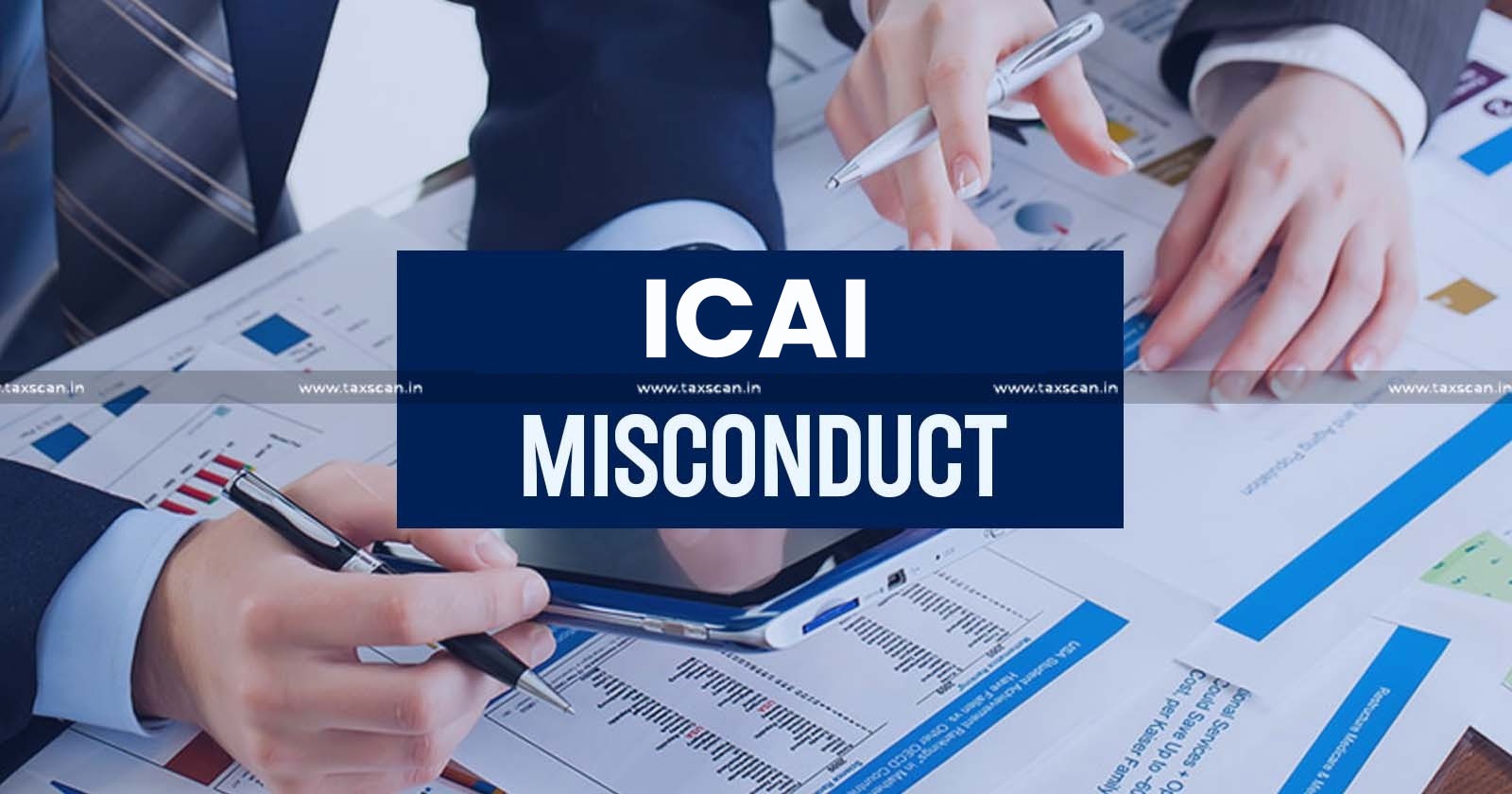S.S. Sudhalkar, J.@mdashBy this writ petition, the employer is challenging the award dated 16.11.1999, Annexure P/l, passed by the Labour Court, vide which the punishment of termination awarded to the respondent-workman was found to be dis-proportionate to the charges levelled against him and he was ordered to be reinstated with full back wages. However, it was ordered that the amount received by him at the time of termination may be adjusted against the back wages.
2. The case against the respondent was that he alongwith two others, when transferred from Lucknow to Ghaziabad in the month of August, 1986, were given permission to bring their household goods by hiring one truck together. He had submitted estimate for expenses. One G.R. No. 104 dated 23.8.1986 which was issued by M/s United Transport of India was attached with the bills submitted by Shri Mahipal. On making investigation, it was proved that this G.R. was fake one. Sh. S.S. Lakra''s name was also written on the G.R. and respondent had claimed the loading and unloading expenses under this fake G.R. so submitted along with the bill submitted by Mahipal. The respondent, Mahipal and S.S. Lakra were formally charged.
3. The Enquiry officer found that all the three employees including respondent No. 2 were transferred from Lucknow and only one truck was allowed to be hired for bringing the household goods of these employees to Ghaziabad and the respondent and Sh. S.S. Yadav were allowed to bring their household goods on the truck to be hired by Sh. Mahipal. Mahipal was to make payment for hiring the truck and he was to claim re-imbursement/adjustment of the amount by submitting the G.R. along with his weekly expense statement. It is found that all the three have taken imprest amounts by submitting their estimates for expenses. It is further held that respondent and S.S. Lakra could only claim the charges incurred by them on packing, loading and unloading of the goods. It was further found that the respondent in his Weekly Expense Statement dated 12.9.1986 claimed packing, loading and unloading expenses supposedly incurred by him.
4. The Inquiry officer further held that respondent No. 2 had made a statement that he had willingly avoided to accompany Sh. Mahipal and Sh. Lakra by telling them the lie about the illness of his children. It was found that respondent was fully conscious that a fake G.R. was submitted and that he was claiming the loading and unloading bills under the same GR by submitting fabricated bills. His act was found to be one of the serious misconducts of dishonesty and also subversive of disciplines of the company.
5. The punishment awarded to respondent No. 2 by the petitioner was that of termination of service. Respondent No. 2 raised an industrial dispute. The Labour Court held enquiry to be in order. However, the Labour Court found that the punishment awarded was dis-proportionate to the charges levelled against him. It held that there was minor lapse on the part of the respondent-workman. The Labour Court has observed, inter-alia, as under.
"So, in these circumstances, taking into totality of the facts of the case, the punishment of termination awarded to the workman is not proportionate to the charges levelled against the workman at all. Since for such a minor lapse on his behalf less punishment should have been awarded. He has already undergone ordeals of the termination of his services for the last eight years. The period of un-employment suffered by him till today is held as sufficient punishment for the said mis-conduct. The main responsibility of the alleged procurement of bogus GR was of Mahipal himself. The claimant was not concerned with it. So, in these circumstances, various citation relied upon by the management for loss of confidence does not help them since it is not their case from the beginning and so in these circumstances the termination of the workman in this manner for not so serious lapse is not justified and he is thus ordered to be reinstated with full back wages and the amount so received by him at the time of termination may be adjusted against the back wages."
6. Learned counsel for the petitioner argued that the act of the respondent was that of grave mis-conduct and could not be easily brushed aside, as held by the Labour Court. He has relied on the case of Indian Oil Corporation Ltd. and Anr. v. Ashok Kumar Arora 1997 LLR 335. It has been held therein that when there were false medical bills for re-imbursement, the punishment of dismissal was not dis-proportionate to the charge. He has also relied on the case of Municipal Committee, Bahadurgarh v. Krishnan Behari 1996(2) LLN 881 wherein it has been held that in cases involving corruption, there cannot be any punishment other than dismissal. He has also relied on the case of
7. The facts of the present case are different. It is not the case of the petitioner that the respondent and others were not transferred. The respondent has not claimed the transport charges. The goods had to be transported and as Mahipal was doing all this and if he had procured fabricated bills, it was certainly not proper to impose the punishment of termination of services on the respondent-workman.
8. Therefore, I do not find any reason to interfere with the award.
9. This writ petition is, therefore, dismissed.

